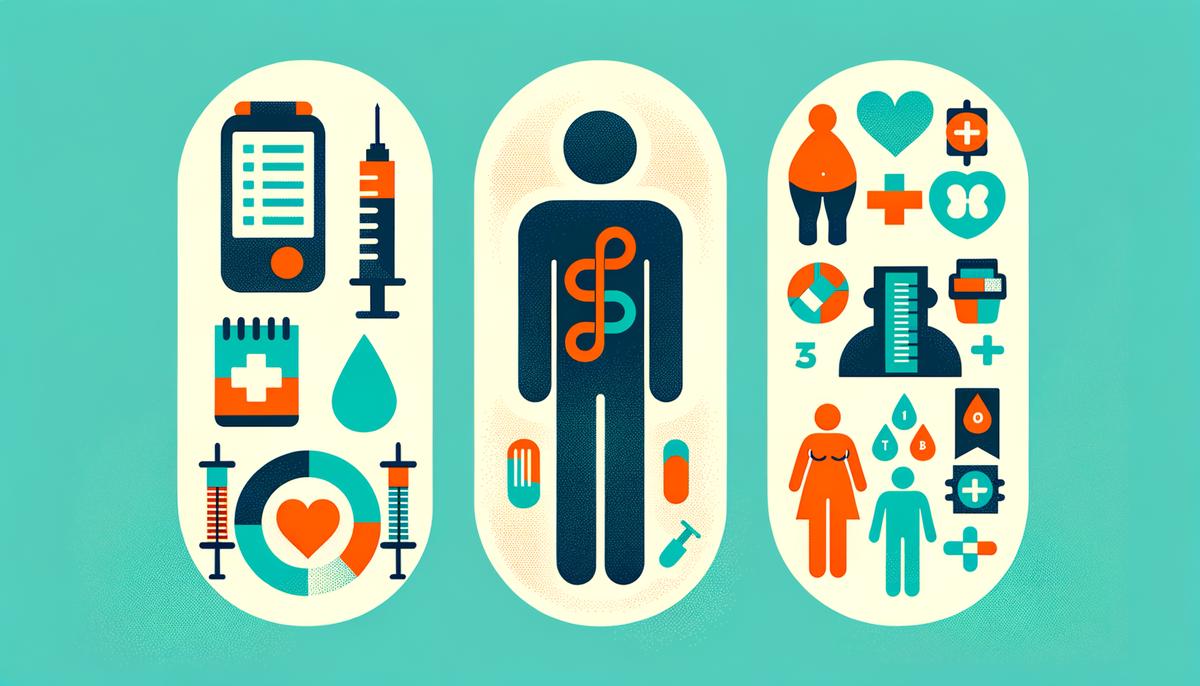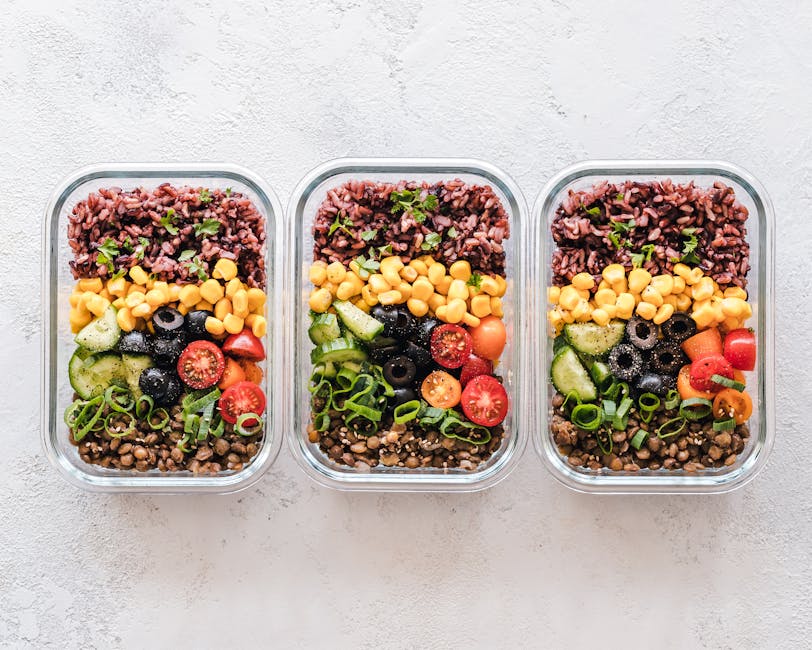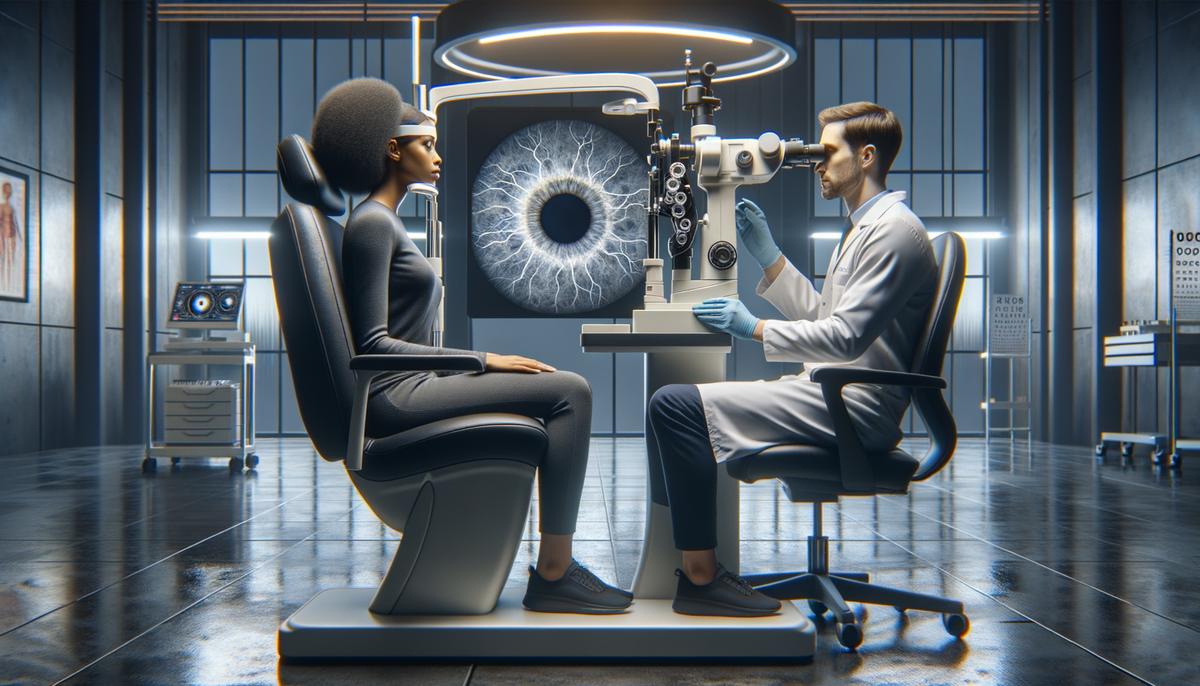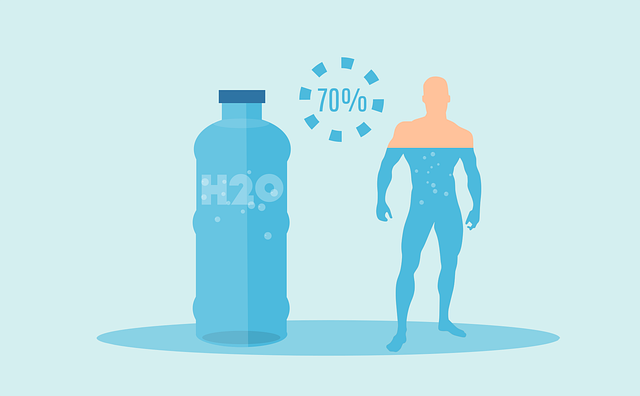Understanding Diabetes
Diabetes affects over 10% of people in the U.S. and can lead to serious health issues. There are three main types:
- Type 1 diabetes: The immune system attacks the pancreas, preventing insulin production. This requires daily insulin injections to manage blood glucose levels.
- Type 2 diabetes: Typically develops through insulin resistance. The body becomes unresponsive to insulin, leading to glucose accumulation in the bloodstream. This increases risks of heart disease and kidney problems.
- Gestational diabetes: Appears during pregnancy when the expectant mother's body struggles with glucose levels. It often resolves after childbirth but can increase the risk of type 2 diabetes later.
All types of diabetes involve glucose not reaching its destination in the body. Balancing carbohydrates, regular check-ups, and body awareness are essential for managing any form of diabetes.

Salud Program Overview
The Salud program offers guidance for managing diabetes through a support team of Community Health Workers, Registered Nurses, and Certified Diabetes Care and Education Specialists.
Education is fundamental, with group classes and personalized sessions to empower individuals with diabetes knowledge. You'll learn to:
- Balance carbohydrates
- Interpret blood sugar readings
- Understand your body's signals
Individualized care plans provide targeted support, adapting to your lifestyle and evolving needs. These cover meal planning, fitness routines, and stress reduction strategies.
The program's support network connects you with others who understand your challenges, offering encouragement as you make lifestyle changes. The Salud program focuses on empowerment, equipping you with tools to live well while managing diabetes.

Health and Lifestyle Interventions
The Salud program emphasizes lifestyle interventions for managing diabetes, focusing on:
- Meal planning: Creating nutritious and enjoyable meal plans, transforming eating into an opportunity to make beneficial choices.
- Exercise: Classes including Zumba, yoga, and strength training help regulate blood sugar, improve mood, and enhance overall health. These sessions foster community and personal goal-setting.
- Stress management: Techniques like mindfulness or meditation complement these efforts. The Salud program guides you in finding effective stress-reduction methods that fit your lifestyle.
Each thoughtful meal, exercise class, and stress-reduction practice represents progress towards better health, empowering you to manage diabetes effectively and maintain a high quality of life.

Retina Screening and Eye Care
The Salud program has enhanced eye care for diabetic patients by partnering with the Casey Eye Institute. This collaboration provides access to specialized care and advanced technologies for retina screening.
Patients now have broader options for eye care services:
- Receive screenings through the Casey Eye Institute
- Be referred to any local ophthalmologist
Regular eye screenings are crucial for diabetic patients due to the risks of developing diabetic retinopathy or other eye-related issues. By ensuring access to state-of-the-art care, the Salud program provides comprehensive and preventive eye health services.
These changes demonstrate the program's focus on holistic health care and commitment to specialized treatment, adding an extra layer of protection for patients managing their diabetes.

Managing diabetes is about adopting a lifestyle that supports your well-being. By prioritizing balanced nutrition, regular activity, and stress management, you can take significant steps toward a healthier future. Your choices today shape your health tomorrow.
- Centers for Disease Control and Prevention. National Diabetes Statistics Report. Atlanta, GA: Centers for Disease Control and Prevention, U.S. Dept of Health and Human Services; 2020.
- American Diabetes Association. Standards of Medical Care in Diabetes—2021. Diabetes Care. 2021;44(Supplement 1):S1-S232.
- World Health Organization. Global Report on Diabetes. Geneva: World Health Organization; 2016.






